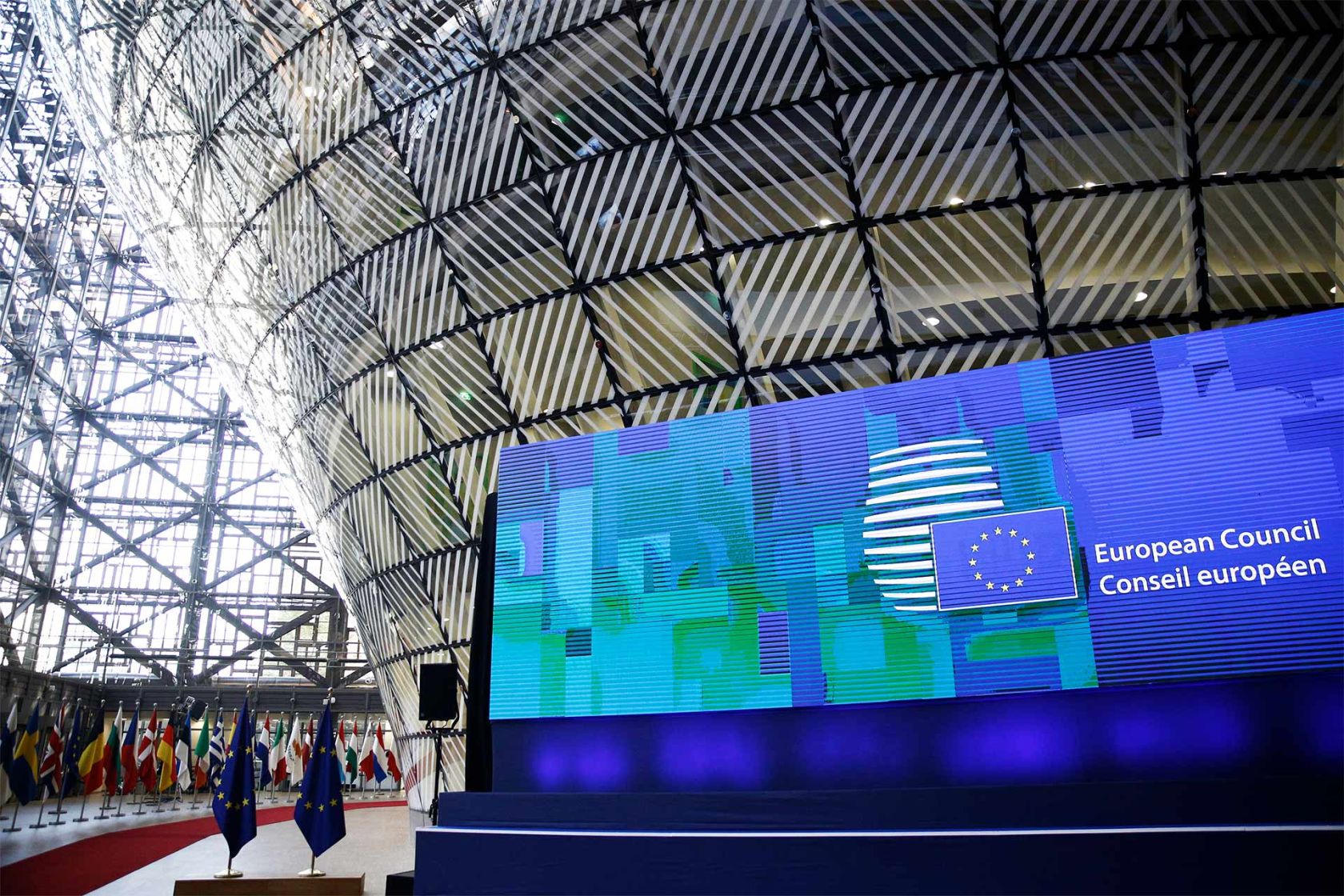
In the period between January 1, 2020 and June 30, 2020, Croatia will take over the Presidency of the Council of the European Union. The State Administration is responsible for its rollout and implementation. Costs of the Presidency have already been estimated, however its rollout and impact are still unknown. In this article, we predict the impact and benefits that the Croatian Presidency of the European Union Council could have for the private sector.
In the first half of 2020, the most critical decisions within the European Union will be decided under Croatian leadership. For private companies doing business in Croatia, this will be a key opportunity to be more actively involved in discussions on legislative proposals that will affect their business operations.
Legislative proposals to be announced this Fall 2019
Second to the European Parliament, the Council of the European Union is the only decision-making body. The Council is made up of ministers from each member state and is chaired by the minister from the state which currently holds the Presidency. The Council of the EU is a single legal entity, but it meets in 10 different 'configurations', depending on the subject being discussed. In each configuration, every member state nominates a minister responsible for that area. The Chair plays a strategically critical role as s/he sets the agenda for each session and is ultimately responsible to reach agreements by gaining consensus from all ministers.
The legislative proposals that will be discussed during Croatia’s Presidency in 2020 will be known after the new European Commission is set up and presents its agenda, expected to be announced this Fall 2019. The European Commission is a body that proposes legislation which is then discussed and adopted by the Council and the European Parliament.
To participate successfully in the decision-making process at European Union level, it is critical to understand each step within the Commission, Council, and Parliament. Furthermore, it is important to continuously be up to date and informed of the Union’s political position and activities in a global context.
Good timing is Key
The decision making process, from presenting a bill to passing it throughout the EU institutions, takes about a year and a half on average due to its complexity so timing and precision are of crucial importance. It is important to frame proposals and arguments so that they create value for member states and EU citizens, and then to make a timely presentation at key decision-making levels.
The Croatian government has announced that Croatia’s Presidency will "Brussels based", meaning that the majority of operations and meetings (estimated 1,400) will be held in Brussels, as is the practice among most member states. Still, Zagreb is expected to organize 20 minister-level meetings, 250 technical meetings, and 1 informal meeting of the European Council with the Heads of member states and governments (EU Summit).
In mid-April 2019, the Croatian government passed the Action Plan For the Preparation and Implementation of Croatia’s 2020 Presidency Over the Council of the European Union. The action plan is the core document that defines precisely the distribution of tasks and work among the organizational units in Zagreb and Brussels, coordination and cooperation among all national institutions and bodies of government participating in the Presidency, and the deadlines for all defined steps.
Private companies as sponsors of meetings and events
Croatian businesses have a huge opportunity to promote their own products through sponsorships of meetings and events. The presiding member state, Croatia in 2020, is free to determine which opportunities it offers to its own private businesses; the European institutions do not have a say. In the past, each presiding member state involved their own private companies very differently. Recently, the Croatian Chamber of Economy and the Croatian Employers’ Association have invited their members to express interest, but no final decision has been made. Now is the chance for private companies to get involved, advocate for access, and seize the opportunity to gain greater market positioning on the EU level.

